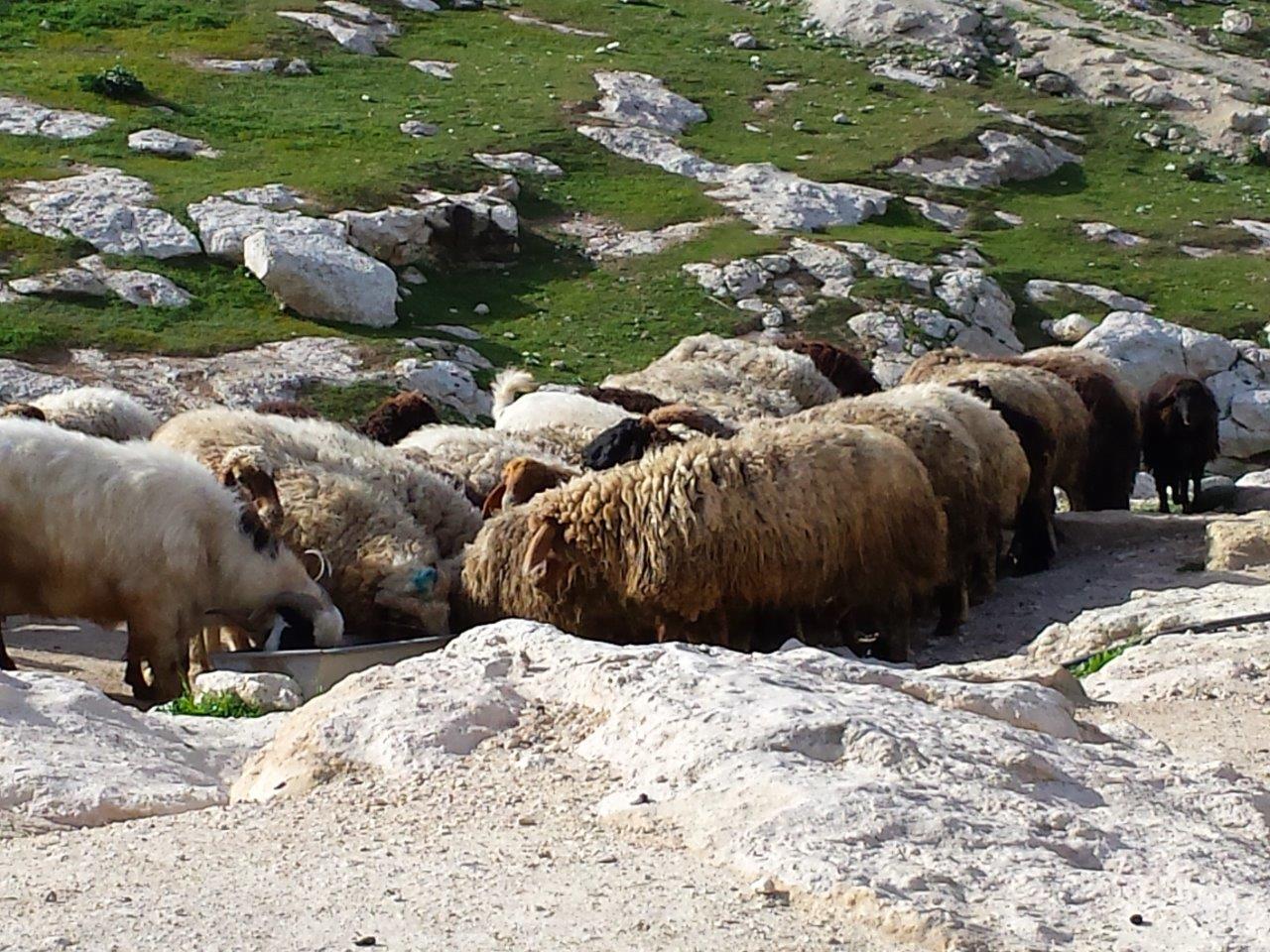
Inglehart’s classification
The American political scientist Ronald Inglehart studied cultures since the seventies. He is director of the World Values Survey, a global network of social scientists who have carried out representative national surveys of the populations of over 80 societies. Inglehart (2006, n.d.) mapped countries on two main dimensions, traditional values versus secular/rational values, and survival values versus self-expression values.
The Traditional/Secular-rational values dimension reflects the contrast between societies in which religion is very important and those in which it is not. A wide range of other orientations are closely linked with this dimension. Societies near the traditional pole emphasize the importance of parent-child ties and deference to authority, along with absolute standards and traditional family values, and reject divorce, abortion, euthanasia, and suicide. These societies have high levels of national pride, and a nationalistic outlook. Societies with secular-rational values have the opposite preferences on all of these topics. The second major dimension of cross-cultural variation is linked with the transition from industrial society to post-industrial societies-which brings a polarization between Survival and Self-expression values (Inglehart, n.d.).
Inglehart (n.d.) found an increasing tendency in advanced societies toward values of self-expression, because of their growing wealth. Along these two cultural dimensions, eight cultural groups of countries were identified: Confucian, Ex-Communist, Catholic Europe, Protestant Europe, English Speaking, Latin America, South-Asia, and Africa. The Middle East was not specifically mentioned in this study. According to the data, Egypt and Jordan grouped together with Africa, while Israel was situated between the ex-communist countries and catholic Europe.
When looking at the friendship in question, it becomes clear that my origin is in secular-rational culture with emphasis on self-expression, whereas my Palestinian Bedouin friend originates from a traditional culture with emphasis on survival.







